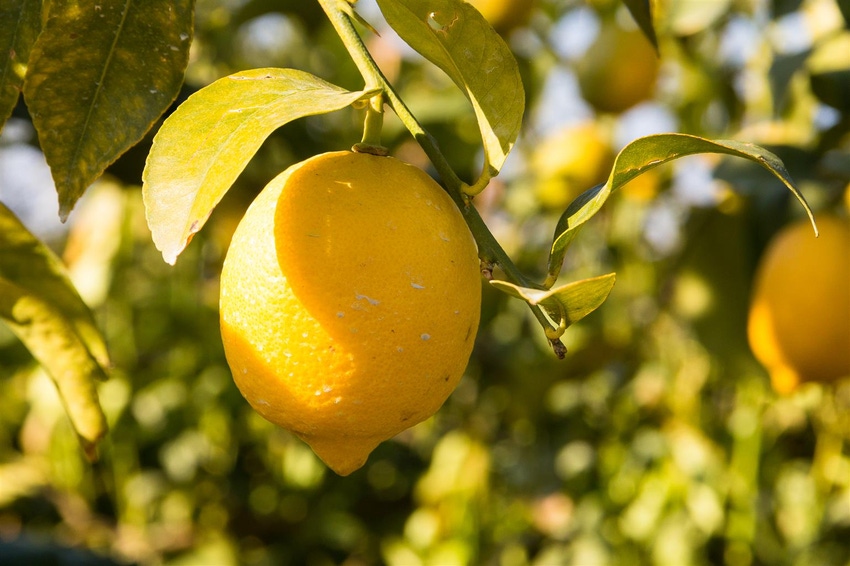May 4, 2017

The U.S. citrus industry feels “disrespected” by the Trump Administration after learning that the ban on Argentine lemon imports will not extend beyond May 26, 2017.
This means Argentina could begin shipping lemons into the United States by the end of the month, though the final rules for those shipments have not yet been written, according to Alyssa Houtby, spokesperson for California Citrus Mutual (CCM), one of several organizations opposing the imports.
Houtby says citrus industry officials, including representatives from CCM, were in Washington, DC in early May to discuss the issue with federal officials.
The U.S. citrus industry has been fighting to keep Argentine lemons out of the U.S. since the late 1990s, according to Richard Pidduck, a Santa Paula, Calif. lemon grower and chairman of the U.S. Citrus Science Council. The Council represents lemon growers, packers and shippers in California and Arizona.
The issue behind Argentine lemons is two-fold: Argentina has a track record of shipping diseased fruit that can put U.S. farmers in peril by importing citrus diseases into the U.S.; and, the price of the imported fruit can be much less than domestic production costs to produce fresh lemons.
California and Arizona grow the U.S. lemon crop.
“It is evident that the California citrus industry is the pawn in a greater trade deal between the Trump Administration and Argentina,” Pidduck said. “We felt we were traded off in this deal.”
The decision to not further extend the stay on Argentine lemons was made shortly after President Trump met with Argentinian president Mauricio Macri and before previously-scheduled meetings between U.S. citrus industry representatives, Department of Agriculture and U.S. trade representatives.
“The haste in which this announcement was made is nothing less than disrespectful,” Pidduck said. “I am extremely disappointed by the administration’s complete disregard for domestic citrus producers and the impact of this rule to the California fresh lemon industry.”
CCM President Joel Nelsen was equally critical of the Trump Administration's backtracking on promises to put U.S. businesses first in global trade negotiations. Further, Nelsen is highly concerned of fruit coming from Argentina that is tainted with pests and diseases that could decimate the U.S. citrus industry.
“The rule will open the flood gates to pests and diseases known to be in Argentina that could threaten our domestic lemon supply,” Nelsen said.
Nelsen points to the California fresh citrus industry as one of the last on the planet not to be ravaged by the impacts of Huanglongbing, though the disease has been found in urban settings in Southern California. He remains highly concerned over Argentina’s “track record” of exporting diseased fruit and the potential impacts that could have on U.S. citrus growers.
Lindsay, Calif. lemon grower Allen Ishida says the main concern for San Joaquin Valley citrus growers remains the pest and disease issue.
“You never know what the next disease is they’re going to bring in,” Ishida says.
For growers along the central and south coast of California the timing of the Argentine imports match more closely with lemon harvest along the California coast, which will likely put pressure on domestic lemon prices.
“The foundation of this rule and the execution of the rule making process under the Obama Administration, and now the Trump Administration, is laden with hypocrisy, ignores transparency, and dismisses the scientific and economic data that prove the rule will have significant negative consequences for California’s $3 billion fresh citrus industry,” Nelsen said.
For Pidduck, the timing of the announcement stings as it comes just a week after President Trump signed an executive order to promote American agriculture and rural prosperity.
Pidduck now believes the Administration has turned its back on the California lemon industry.
Even so, Pidduck says he is hopeful that ongoing negotiations between U.S. trade representatives and the citrus industry can craft some rules that the American citrus industry can live with.
“We’re not going to just roll over on this one,” Pidduck told Western Farm Press.
You May Also Like




